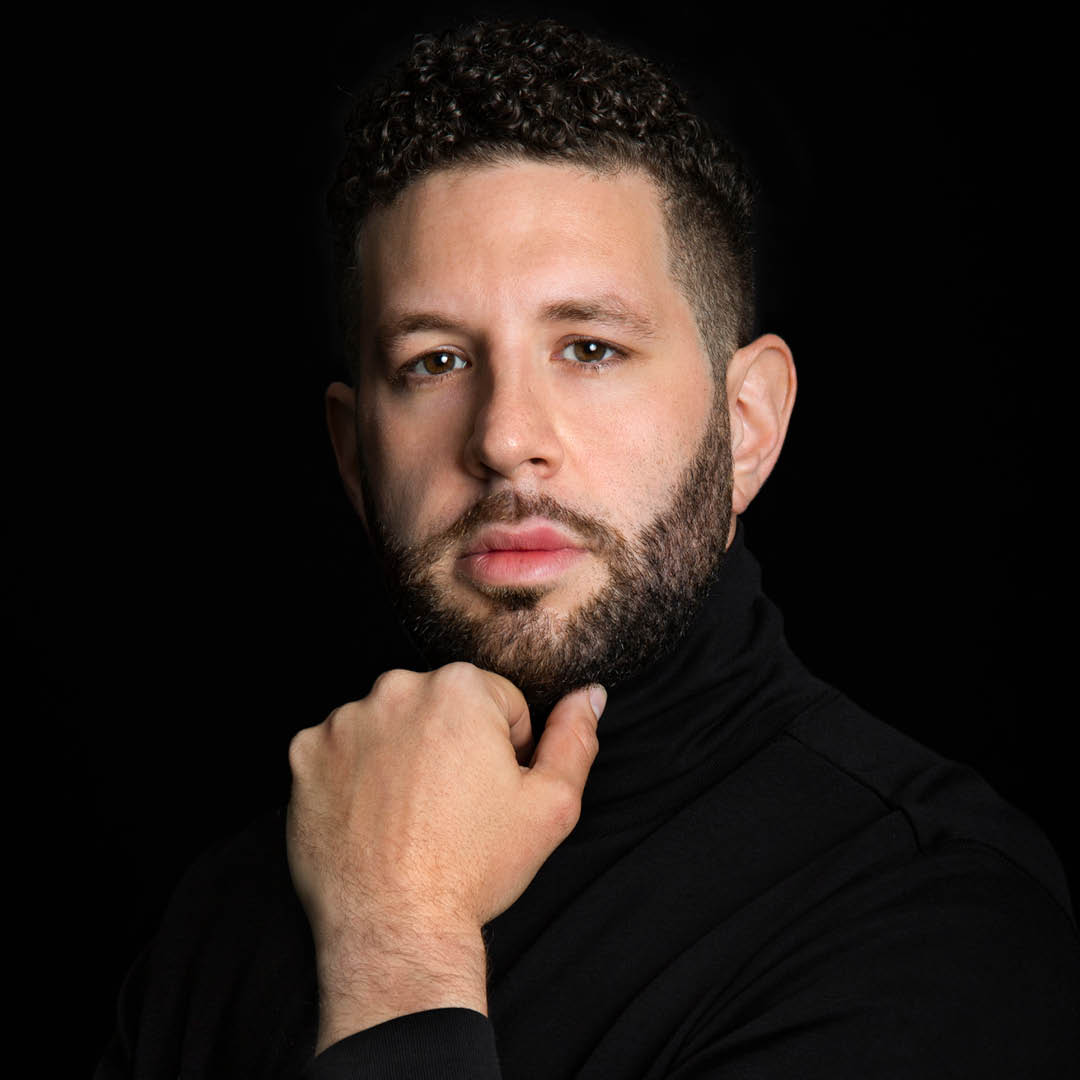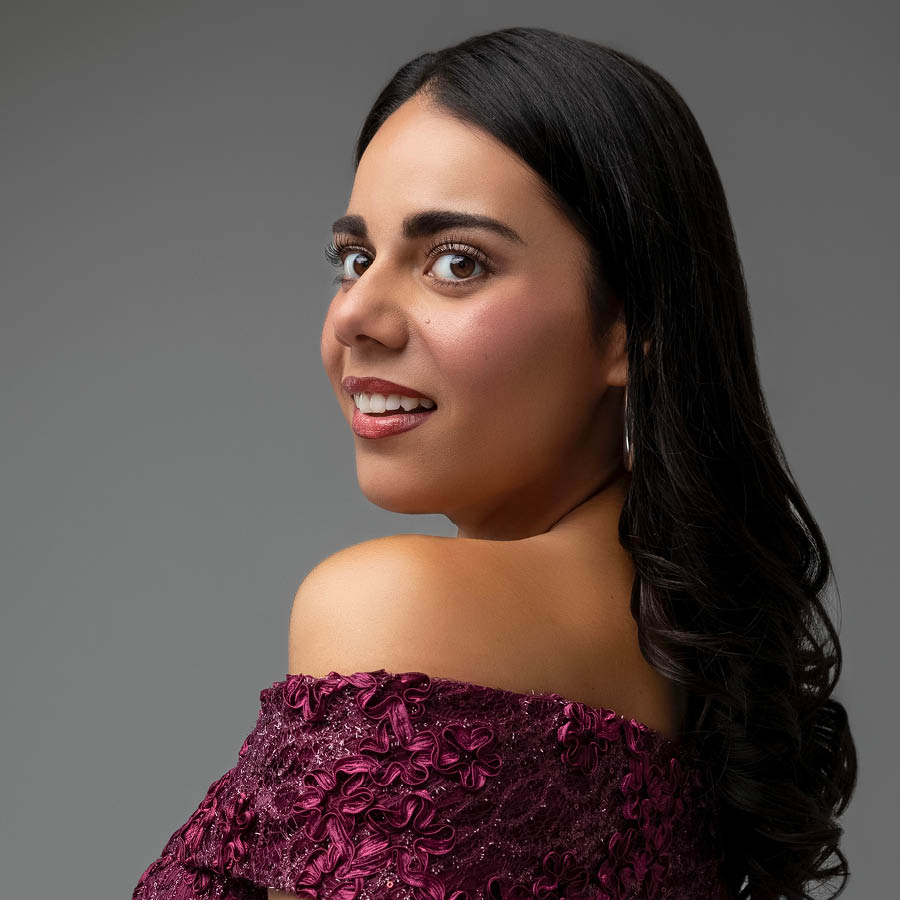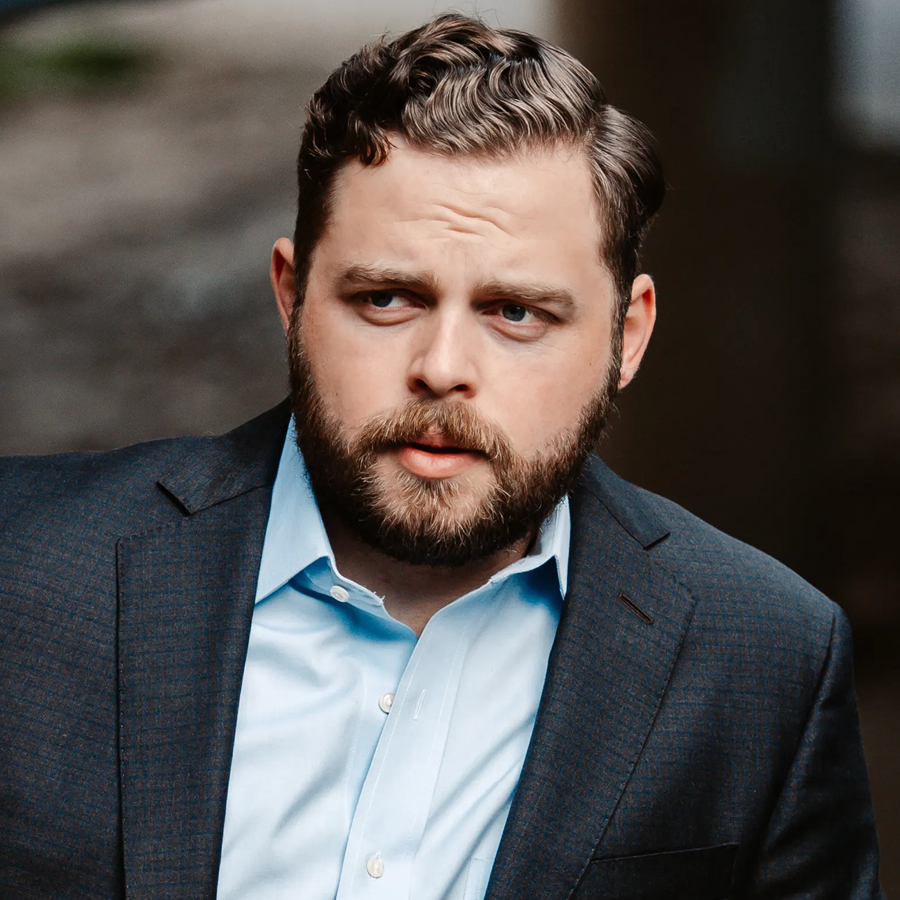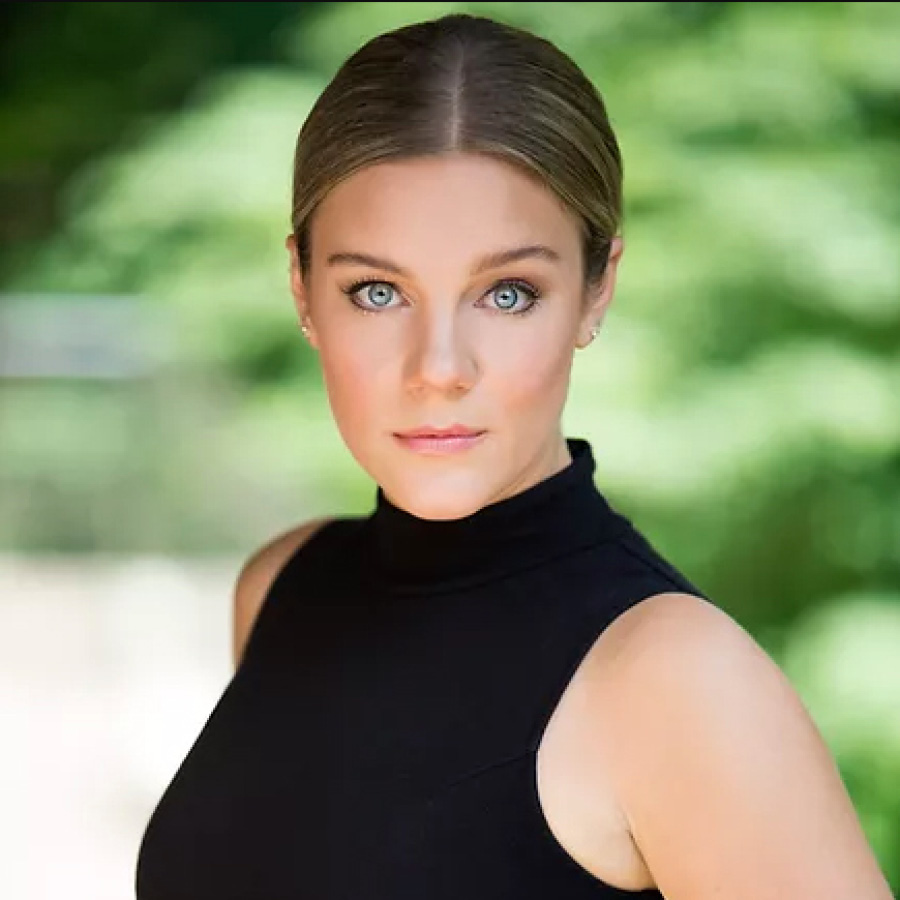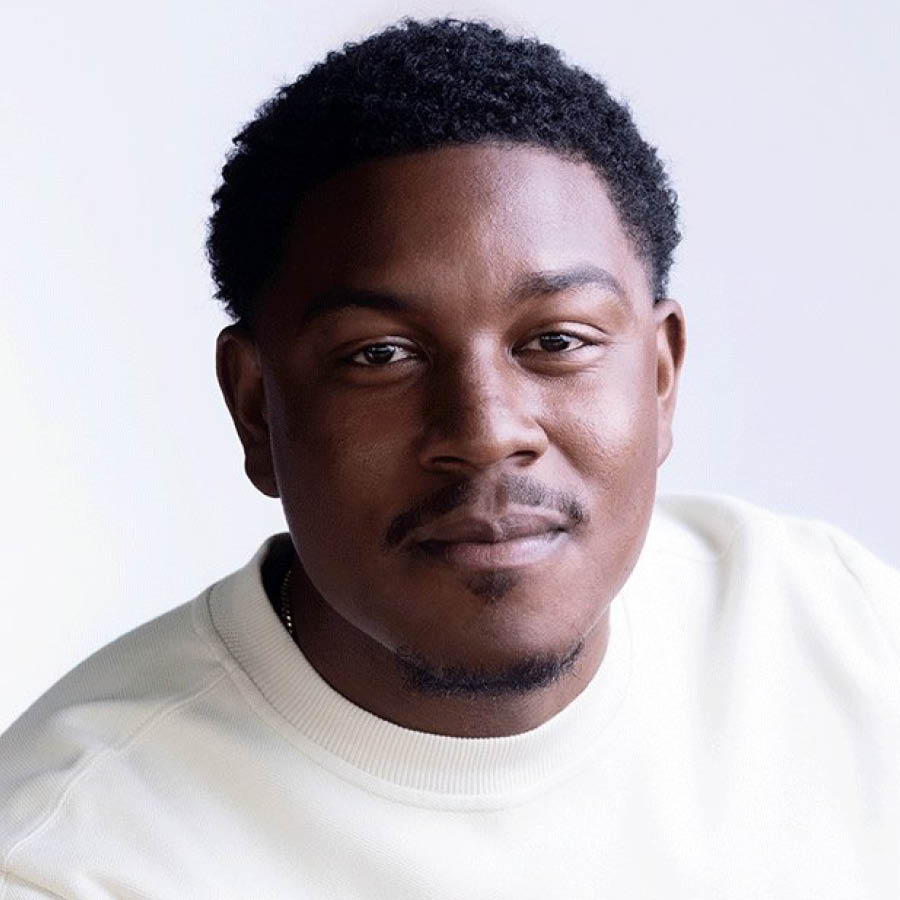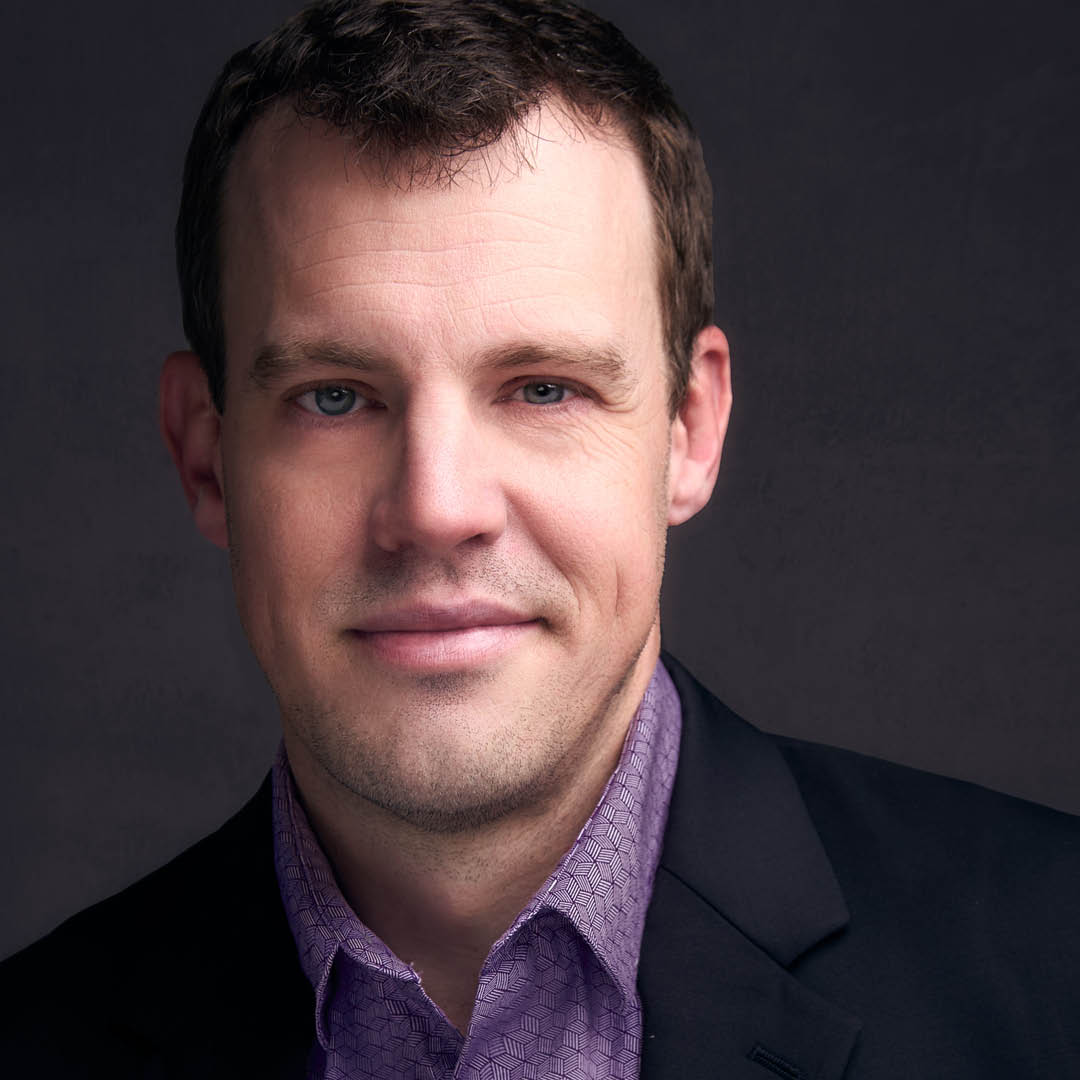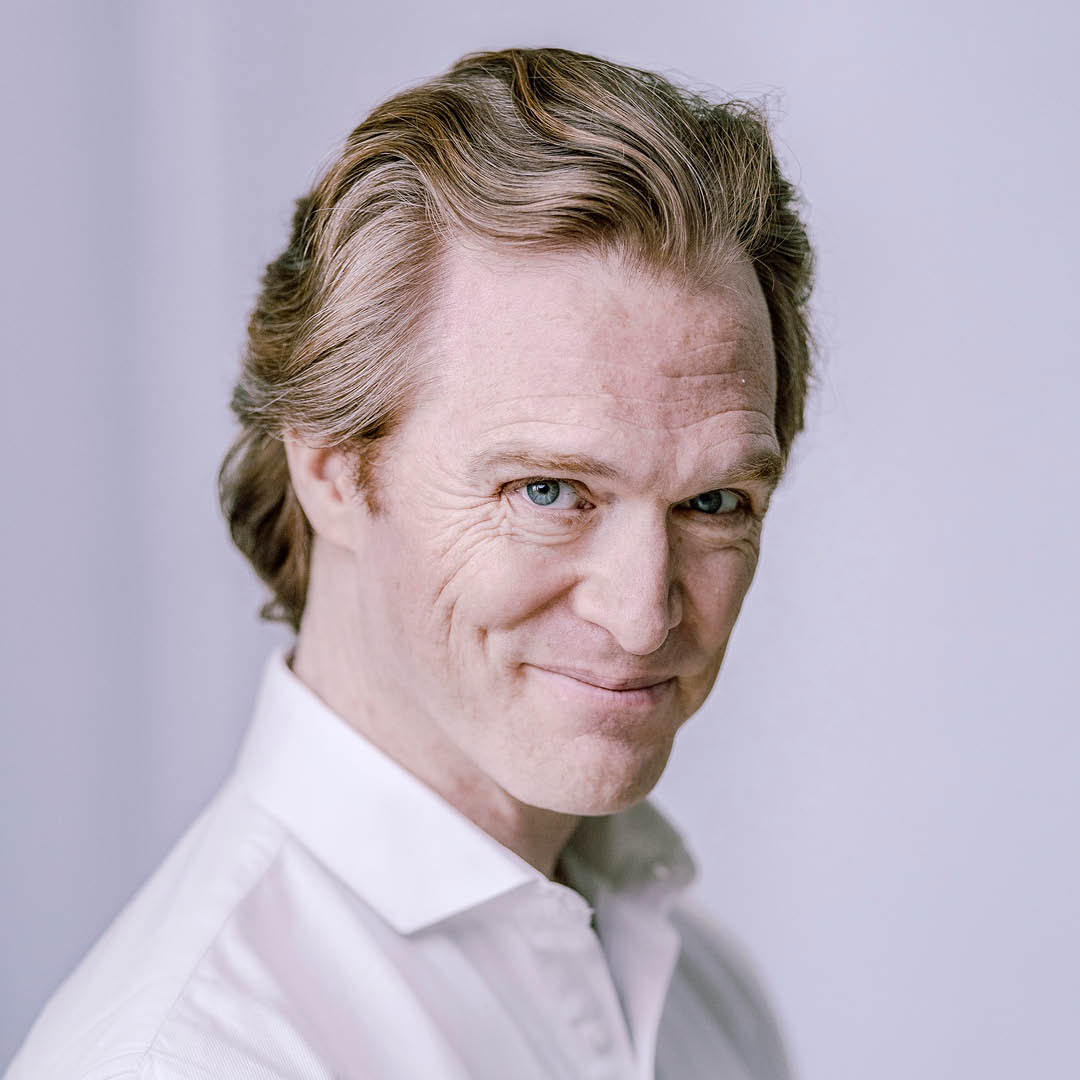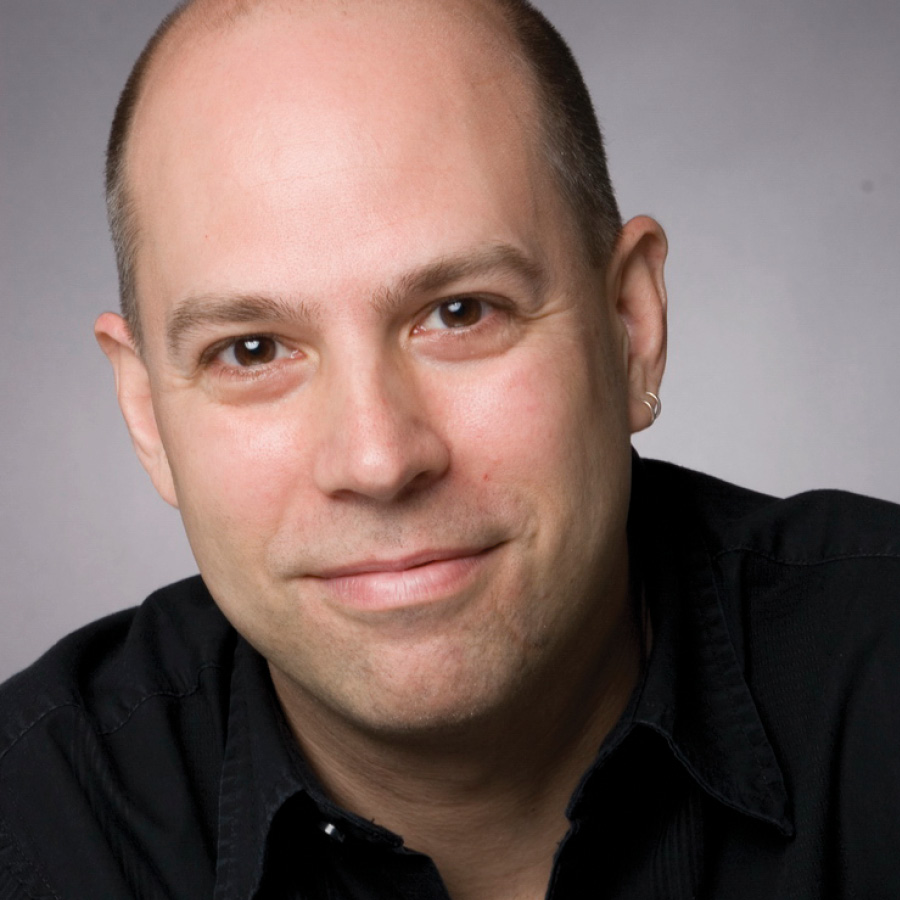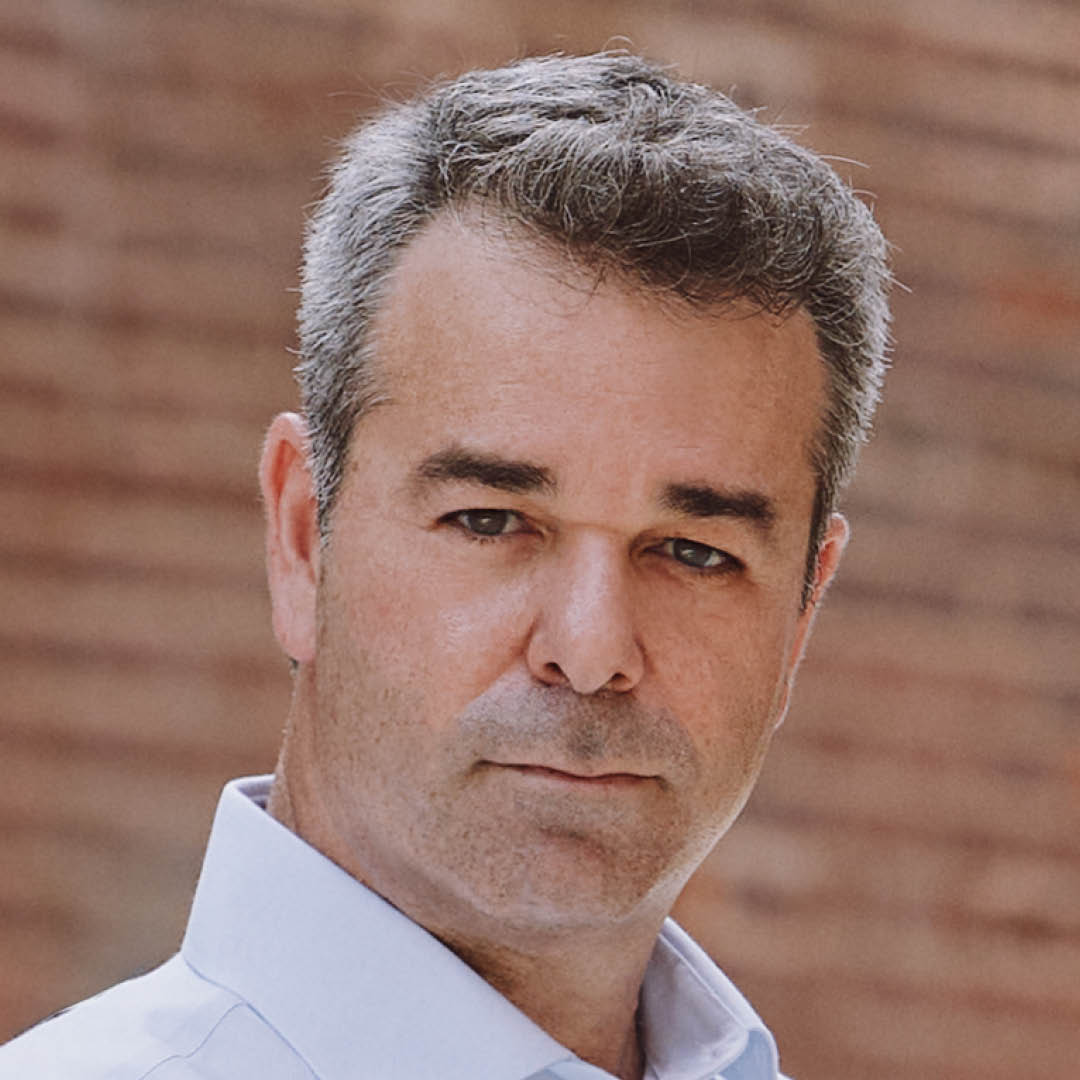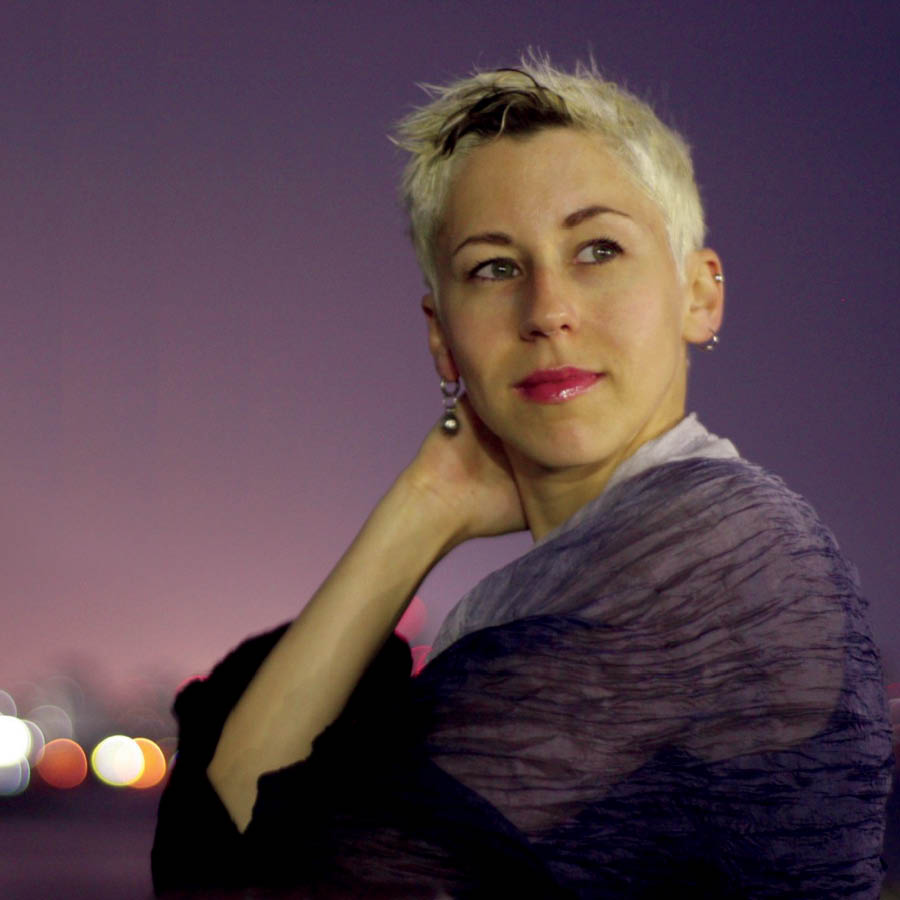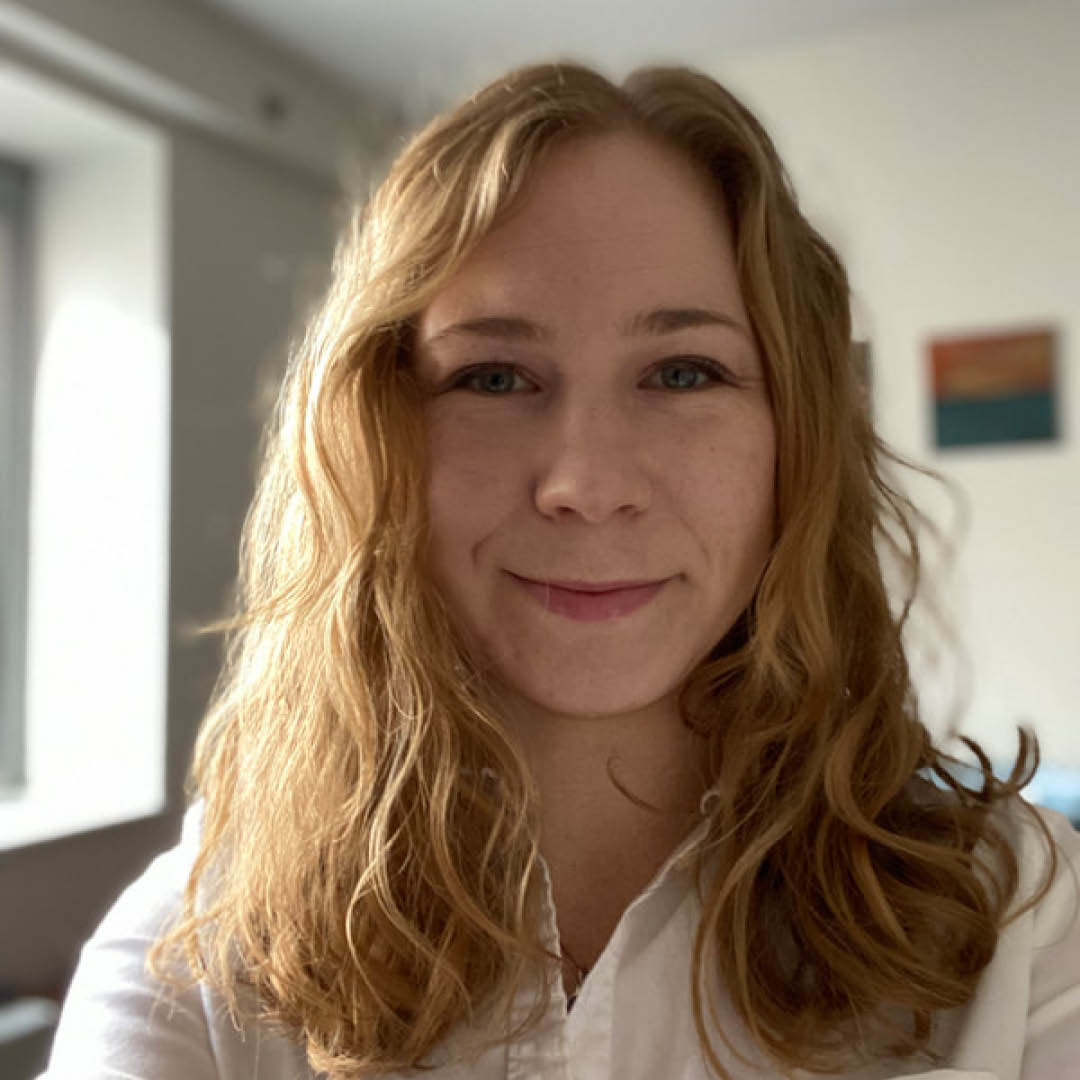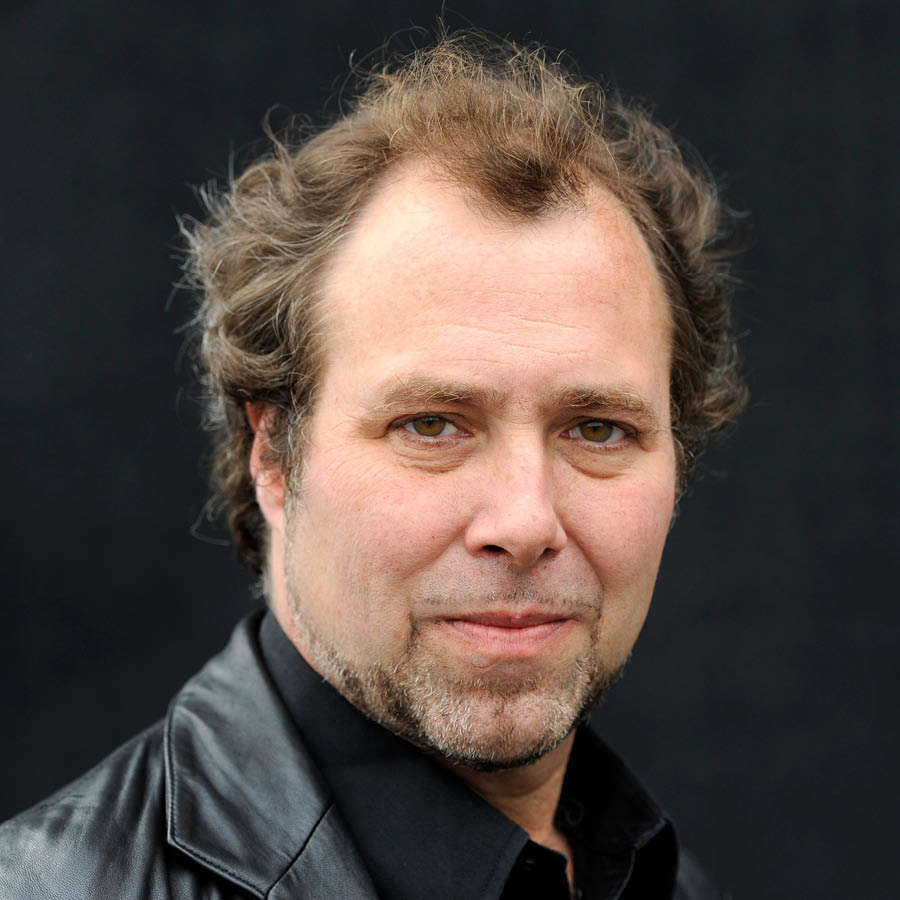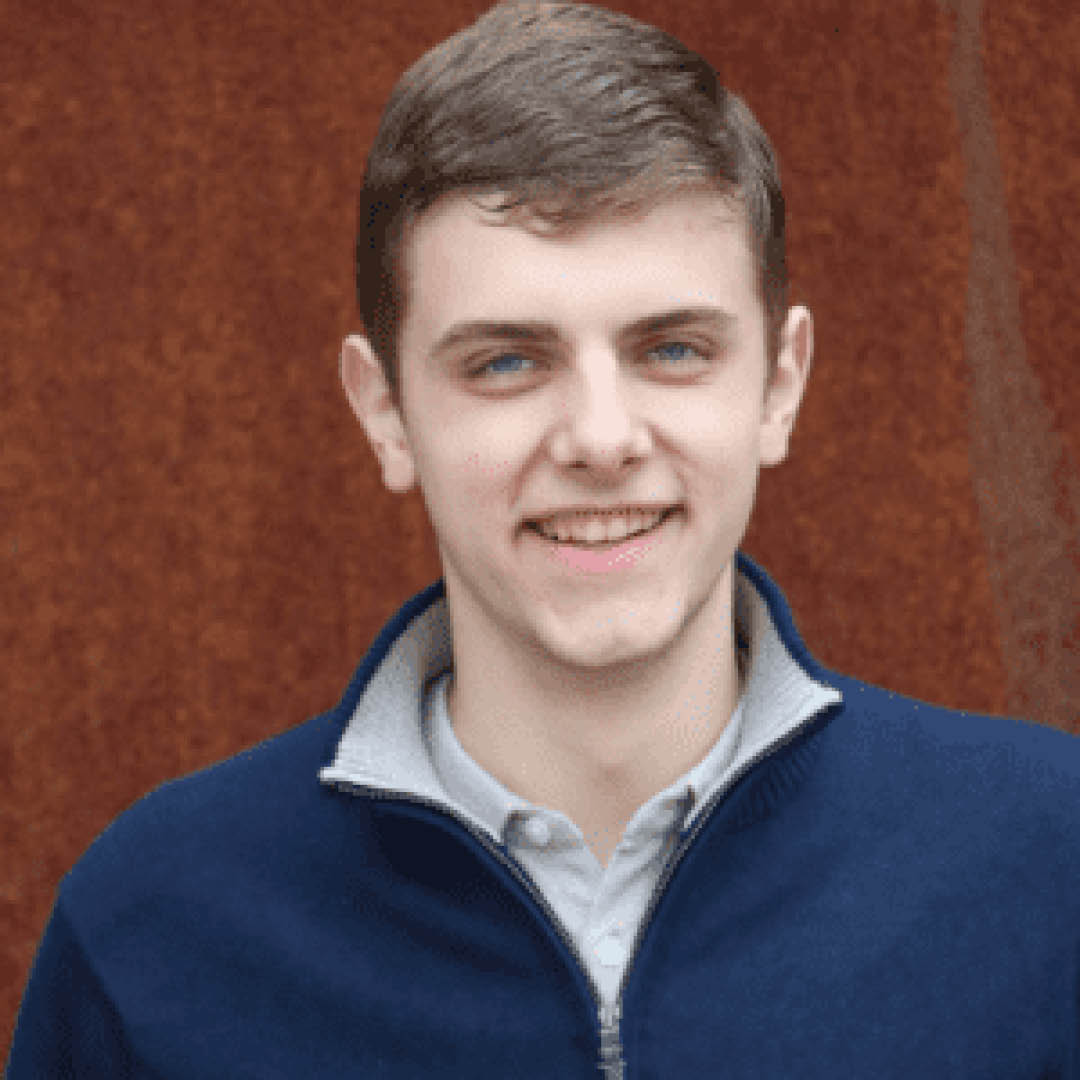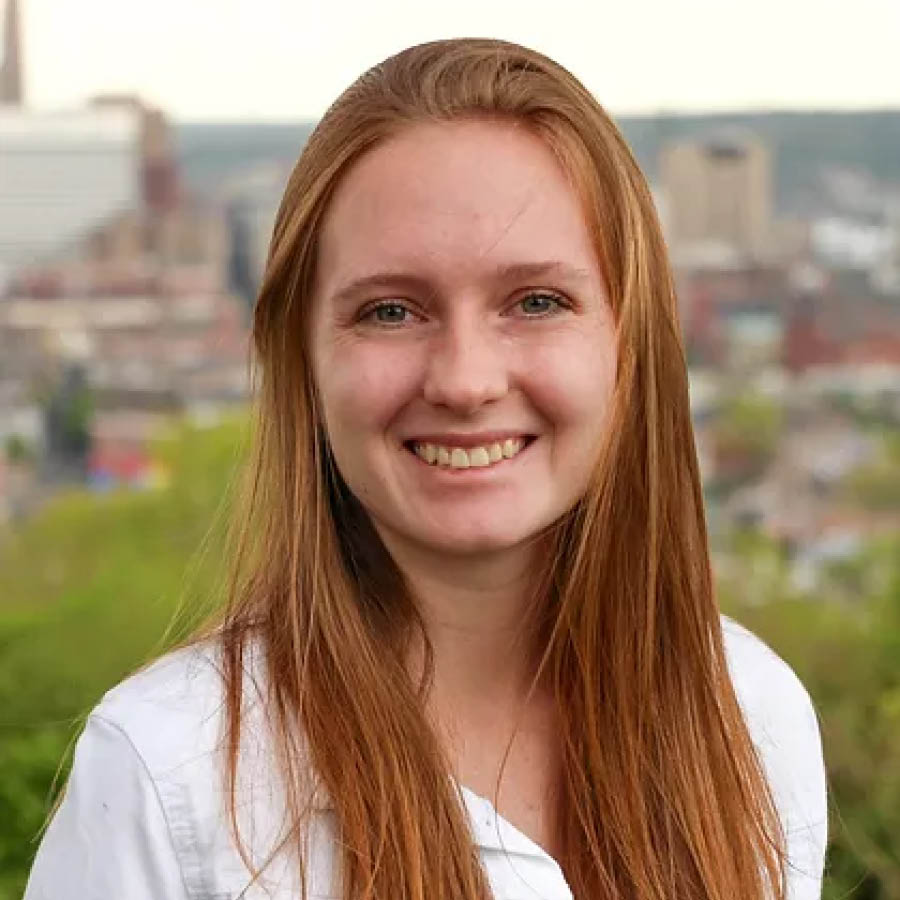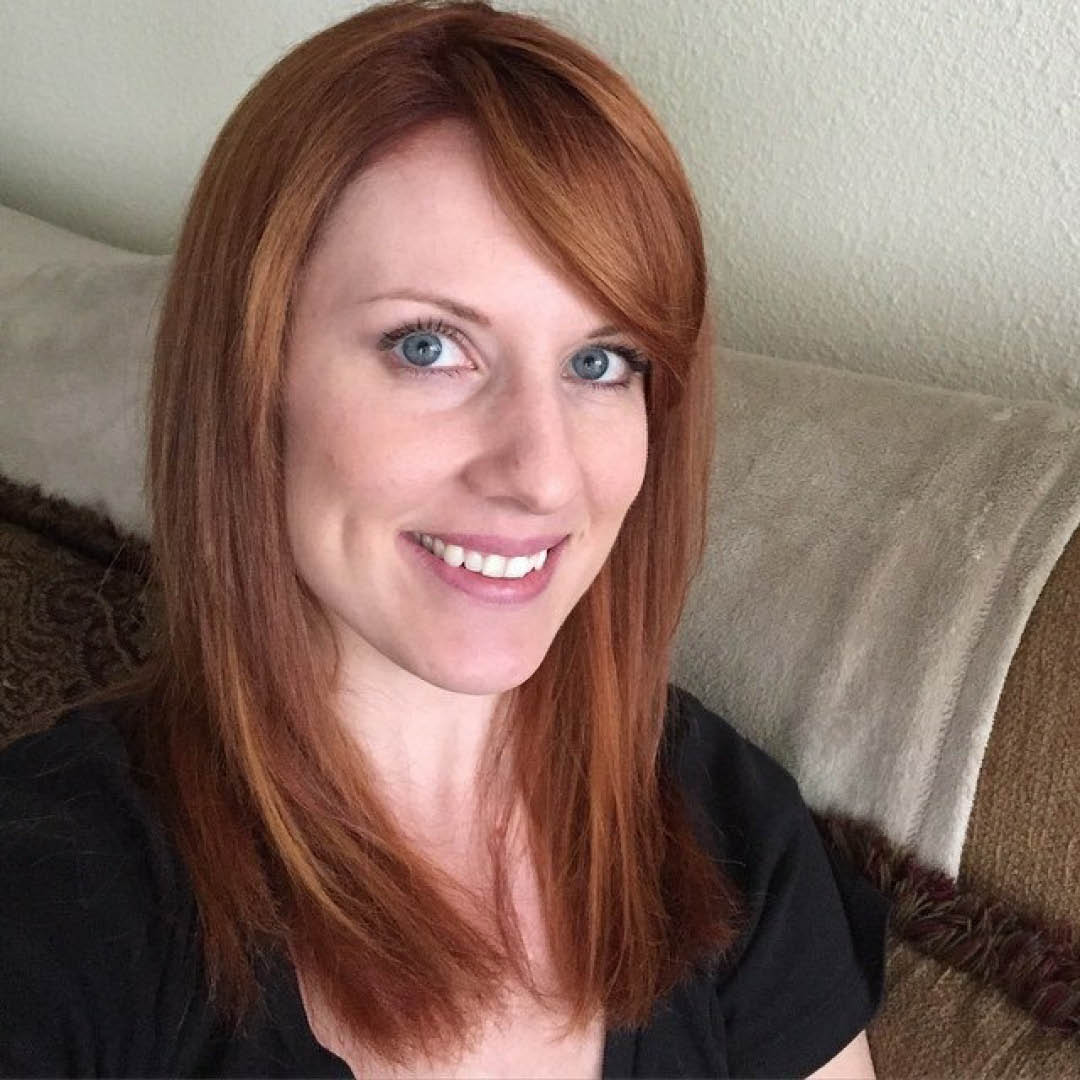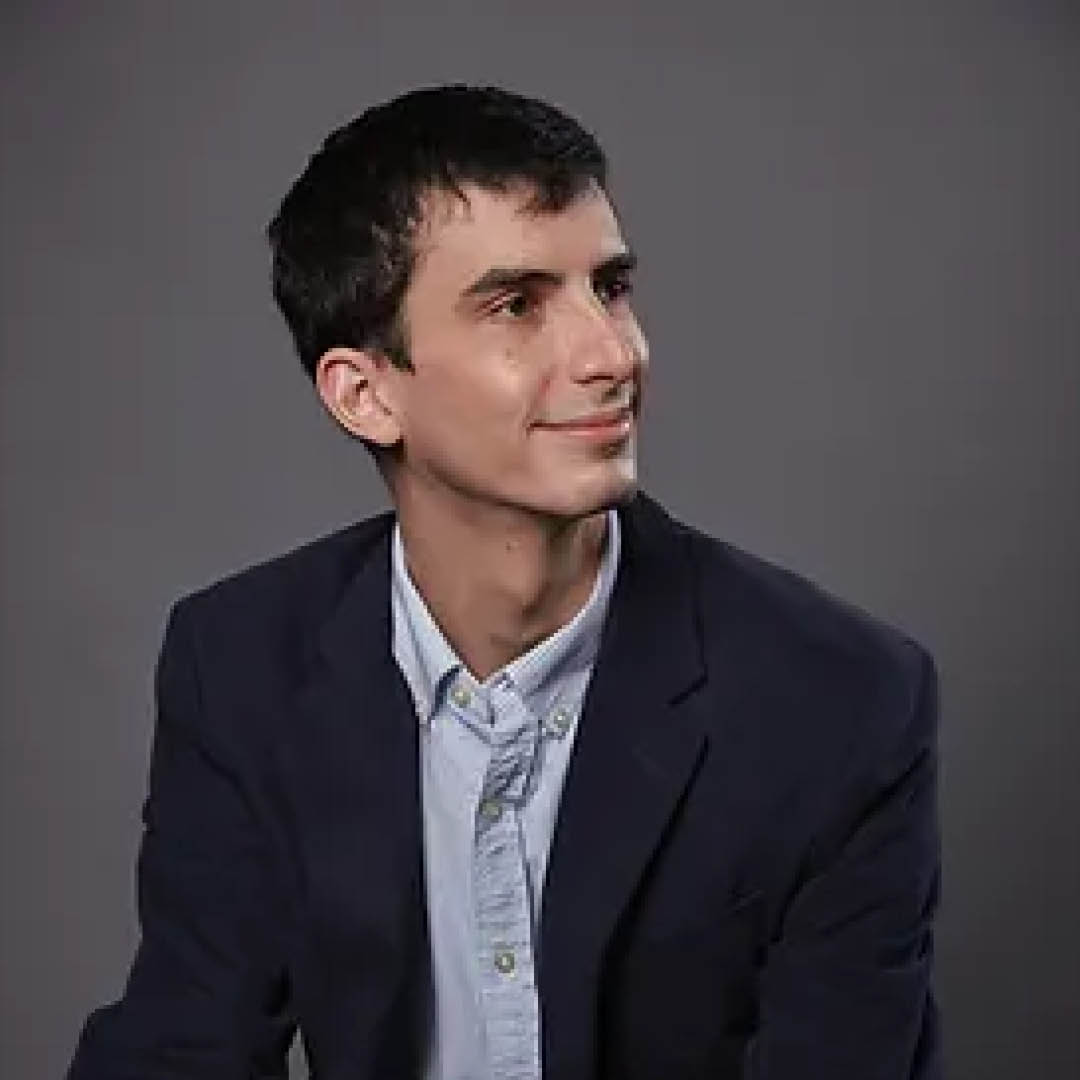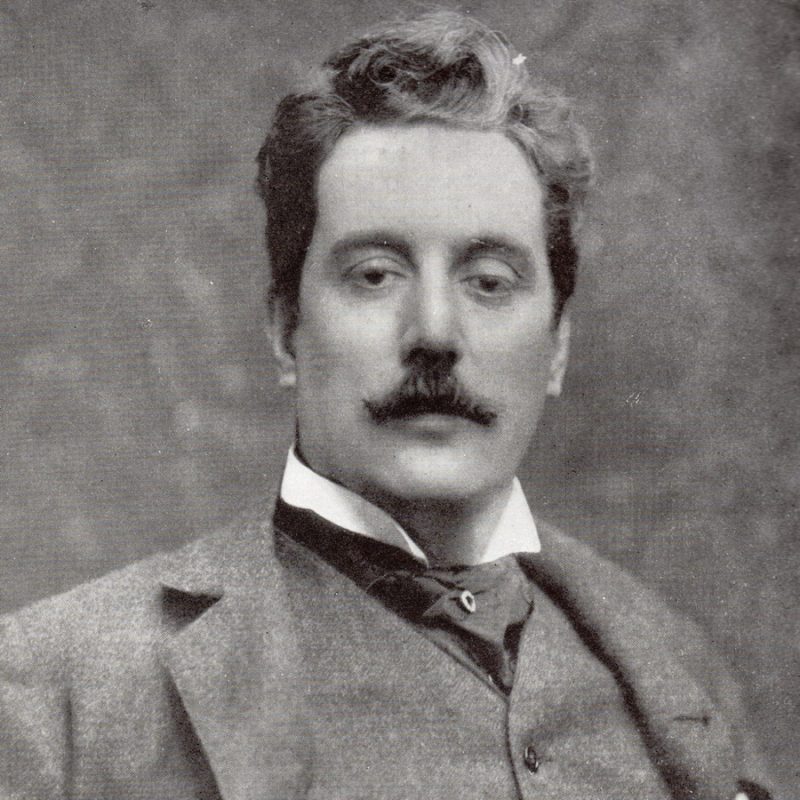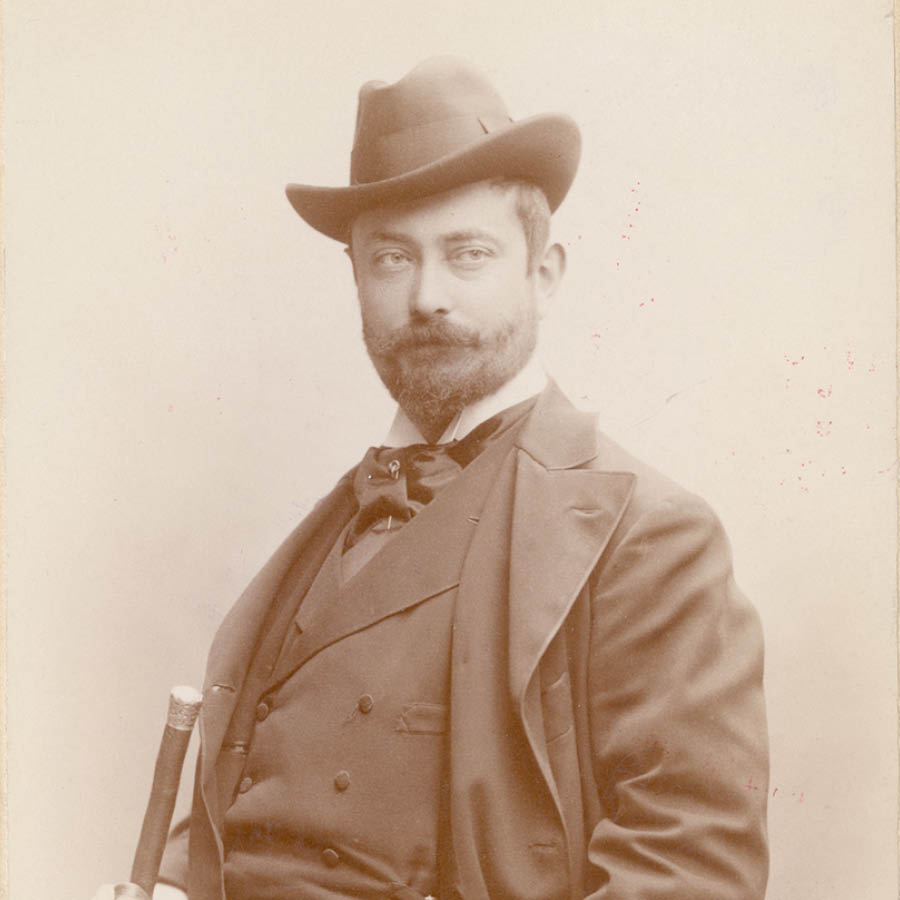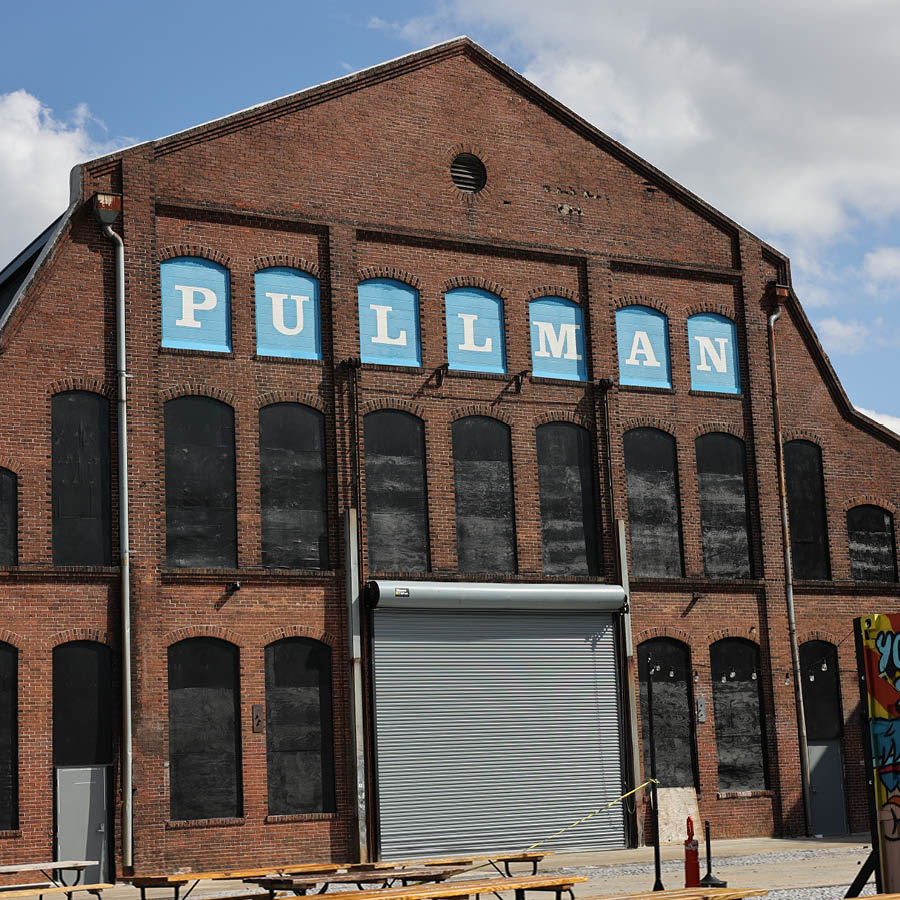ACT I
Recent days. It’s Christmas Eve in an industrial loft, home to a quartet of optimistic artists whom the composer Puccini called “bohemians.” The near-destitute artist Marcello and poet Rodolfo sacrifice the pages of Rodolfo’s latest drama to feed a stove as they try to keep warm. Roommates Colline, a philosopher, and Schaunard, a musician, arrive with food, fuel, and funds they collected from an unusual job playing music. While celebrating, the quartet is joined by the landlord, Benoit, who wants the overdue rent. The bohemians ply the landlord with wine and his tipsy confession of near infidelity is just the opening the artists need to feign outrage and push him out of the room. While the rest of the group heads to Café Momus to continue celebrating their bounty, Rodolfo excuses himself to meet the deadline for an article he is writing. A knock at the door brings the seamstress Mimì, a pretty neighbor, to the scene. Her candle has gone out, but while seeking a match, she suddenly feels faint. Candles go out, a key goes missing, and Rodolfo is Mimì’s hero as he tends to her needs and promptly falls madly in love. Rodolfo shares his dreams with her in the beautiful aria “Che gelida manina” (“Your tiny hand is frozen”). She recounts her life embroidering flowers and waiting for spring in the celebrated aria “Mi chiamano Mimì” (“They call me Mimì”). The scene ends with the two leaving arm in arm, now quite in love, to join the bohemians at the café.
ACT II
Christmas Eve at Café Momus. Vendors surround Café Momus in a rollicking street scene. Rodolfo buys Mimì a beret and introduces her to his friends. Joining the festive mood, they all sit at an outdoor table and order supper. The toy vendor Parpignol passes by and is besieged by children. Marcello’s former girlfriend, Musetta, arrives on the arm of the elderly and wealthy Alcindoro. Though she is bored and annoyed by her wealthy suitor, Musetta sings of her popularity and teases Marcello in an aria known as “Musetta’s Waltz.” She sends the eager Alcindoro away to get her shoe repaired. While he’s gone, Musetta and Marcello reconcile and the group departs, merrily leaving the dinner check to Alcindoro.
ACT III
It’s dawn on a frigid February morning and workers are getting started with their day. Late guests who have partied through the night are heard at a tavern. Cold and ill, Mimì arrives and searches for Marcello, who now lives with Musetta. Mimì confides to Marcello that she’s so troubled by Rodolfo’s incessant jealousy that she thinks it best that they part. Surprisingly Rodolfo comes out of the busy tavern and Mimì hides nearby. Rodolfo declares to his friend that Mimì’s flirtatious behavior is pushing him to break up with her, but when pressed for his real concerns, Rodolfo breaks down and confesses his despair that his continued poverty is only making Mimì’s life miserable. Despite his concern for his friend, when Musetta’s laugh rings out, Marcello runs back into the tavern. Mimì reveals herself and offers to say goodbye to their love in the touching aria “Addio, senza rancor” (“Goodbye, without bitterness”). However, they then begin to recall their past happiness. At the same time Marcello and Musetta emerge from the tavern quarreling bitterly. In one of the greatest quartets of opera, one relationship falls apart as the other reconciles.
Act IV
Weeks go by and in the warehouse, Rodolfo is again living with only his bohemian friends as both he and Marcello broke up with their girlfriends and are awash with regrets and loneliness. Again, Colline and Schaunard manage to get funds for a meager meal and to lighten their spirits the friends stage a mock duel. At the height of the hilarity, Musetta bursts in with the news that Mimì is outside and is seriously ill. As Rodolfo runs to her aid, Musetta relates that Mimì asked to be taken to Rodolfo to die. The friends scramble to get money to get medicine for Mimì. Colline goes off to pawn his favorite coat in an emotional “Veccia Zimarra” known as the “Coat Aria.” Left alone, Mimì and Rodolfo recall their first happy days, but she is too weak and ill to continue. When the others return, despite their prayers and efforts, Mimì slowly drifts into unconsciousness. Schaunard realizes she is dead and Rodolfo is left broken-hearted.
Written by Michelle Winters
